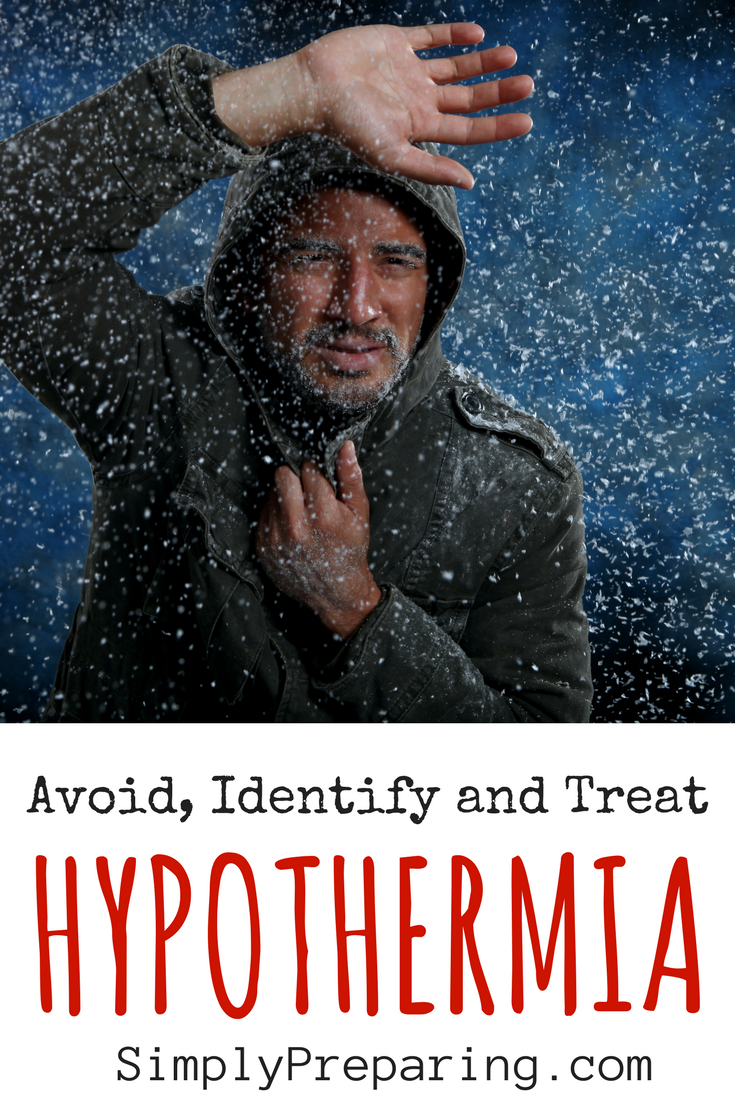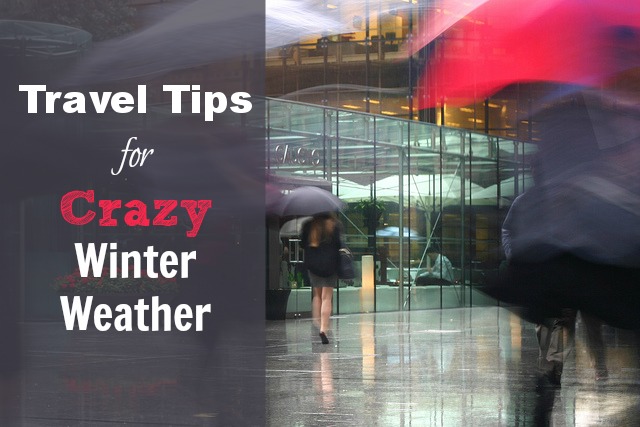Survive Hypothermia: Prepper’s Checklist
I live in a state that (usually) sees a lot of snow, especially in the mountains. Knowing how to survive hypothermia is knowledge every family living in a cold climate should master. Let’s talk about how to diagnose, treat, and prevent hypothermia. What Is Hypothermia? Hypothermia occurs when your body loses heat faster than it …


